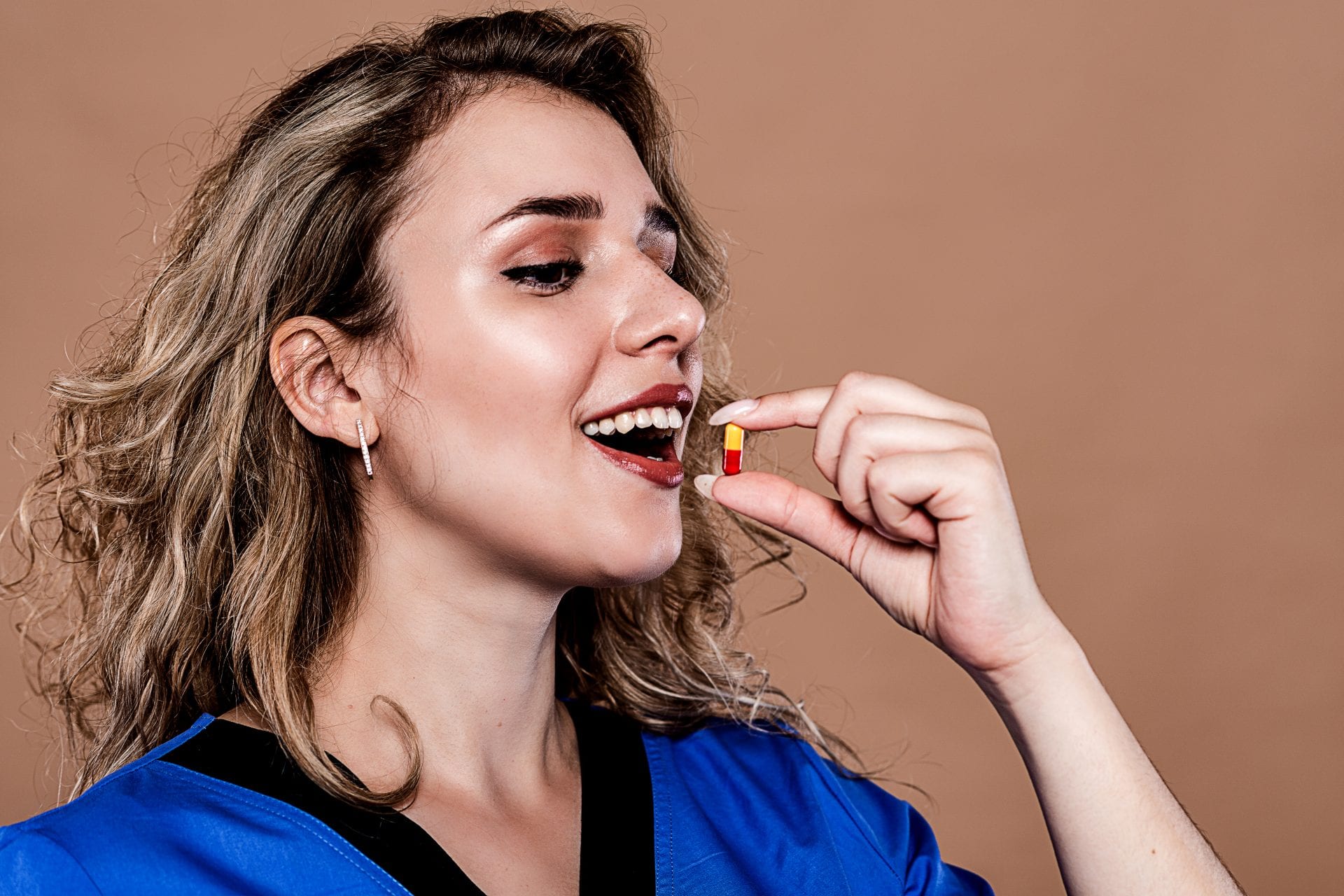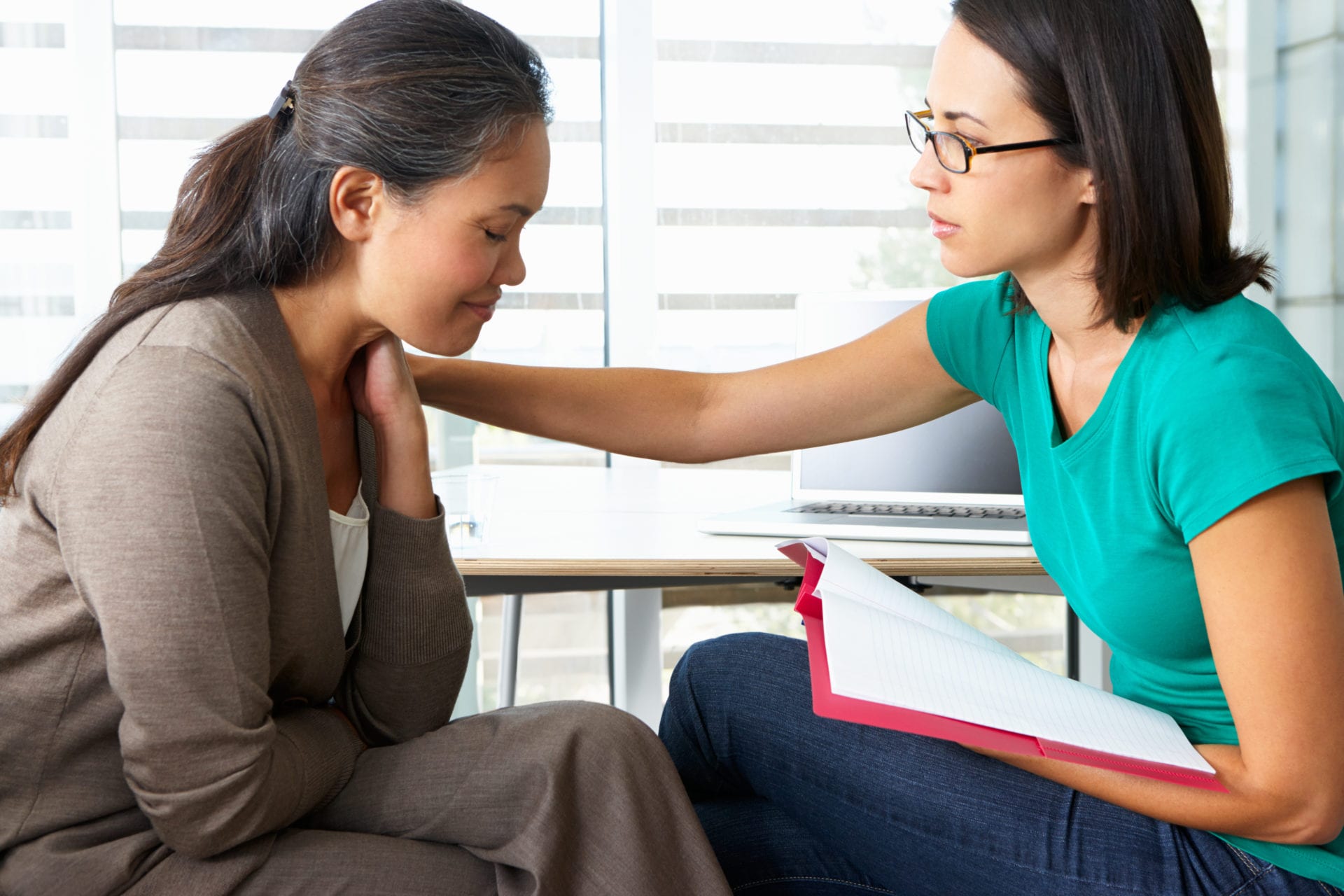Many addictions began experimenting with commonly abused prescription drugs. It’s not uncommon for someone to be involved in an accident and is then given oxycodone for pain relief. What starts off as a simple pain reliever, can quickly turn into a full-blown addiction. Because it’s extremely easy to build a resistance to commonly abused prescription drugs, an addict may eventually resort to using heroin to get high.
Many people in the United States between the ages of 12 and 25 are abusing or misusing prescription drugs belonging to themself, friends, or family members. In 2017 alone, 18 million Americans reported that they had misused prescription drugs. The demand for prescription drugs has significantly increased over time as more and more people are beginning to abuse them. It’s becoming even harder to control the widespread misuse of prescription drugs since these drugs are commonly prescribed by doctors. Unfortunately after a prescription is written, doctors are not at home with patients to monitor their intake.
What Are the Commonly Abused Prescription Drugs?
According to the National Institute on Drug Abuse (NIDA), there are three commonly abused prescription drugs.
Depressants
CNS depressants are drugs that are used to treat anxiety and sleep disorders. They are commonly known as sleeping pills or tranquilizers because they can slow down the nervous system’s activity.
Depressants can be used for hypnosis, as sedatives, or as tranquilizers. Drugs in this category are:
Barbiturates
Barbiturates are commonly used by medical staff to treat seizures, insomnia, and headaches. These drugs are often not prescribed for anxiety and insomnia because of a high risk of overdose. The forms of barbiturates available in the United States include:
- Nembutal
- Butisol
- Seconal
- Donnatal
- Amytal
- Luminal
- Mebaral
And the side effects? Nausea, headaches, and dizziness are common side effects.
Benzodiazepines
Belonging to this group are triazolam, diazepam estazolam, Xanax, Valium, and Klonopin. Benzodiazepines are used to treat anxiety, sleeplessness, stress reactions, panic attacks, and seizures.
The side effects of abusing benzodiazepines include dizziness, nausea, poor concentration, and so on.
Non-Benzodiazepine Sleep Medication
Non-benzodiazepines are also commonly abused prescription drugs.
Drugs belonging to this group are Ambien, Sonata, and Lunesta. They are used to treat insomnia and have the same effect on the brain as benzodiazepines. However, they have few side effects and reduced potential dependency when compared to benzodiazepines
Opioids and Morphine Derivatives
Opioids are used to treat pain. They reduce the intensity of pain perception in the brain and spinal cord. Common opioids and opioid derivatives include Fentanyl, Morphine, Methadone Oxycodone, Codeine, hydrocodone, oxymorphone, and propoxyphene.
The main side effect of abusing opioid prescriptions is addiction. Opioid addiction is difficult to kick and can cause brutal withdrawal symptoms.
Stimulants
Stimulants are used to treat health conditions like attention-deficit hyperactivity disorder. They increase focus and alertness, raise blood pressure and heart rate, and make breathing easier.
Common drugs in this group include Adderall, Dexedrine, and so on. Abusing stimulants can lead to dependency and addiction in the long run.
Dangers of the Most Abused Prescription Drugs
The dangers of abusing prescription drugs include:
- Death
- Slow or arrested breathing
- Reduced pulse and blood pressure
- Addiction
- Coma
- Weight loss
- Loss of appetite
- Inspired motor function
- Increased heart rate and blood pressure
Listed above is not an exhaustive list of the dangers of abusing drugs. Always consult a doctor or licensed healthcare professional if you think you’re struggling with a prescription pill addiction.
Get Help With Prescription Drugs at Anchored Tides Recovery
Anchored Tides Recovery is a female-only drug addiction center dedicated to helping women with their addiction. We are located in Huntington Beach and have diverse programs for everyone. Whether you personally are struggling with addiction, or know someone that is, please contact us today for more information regarding our program.






























